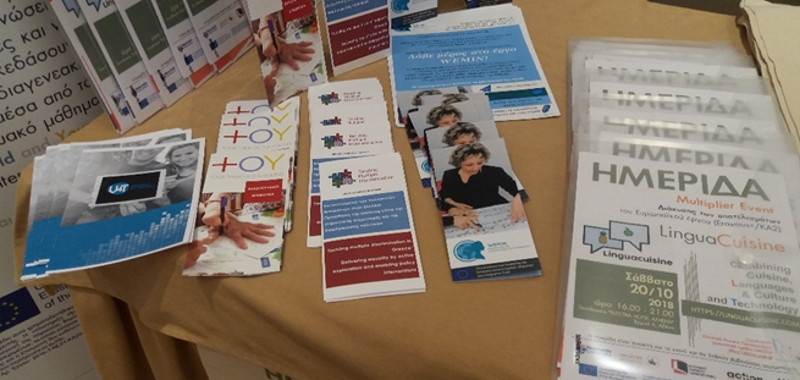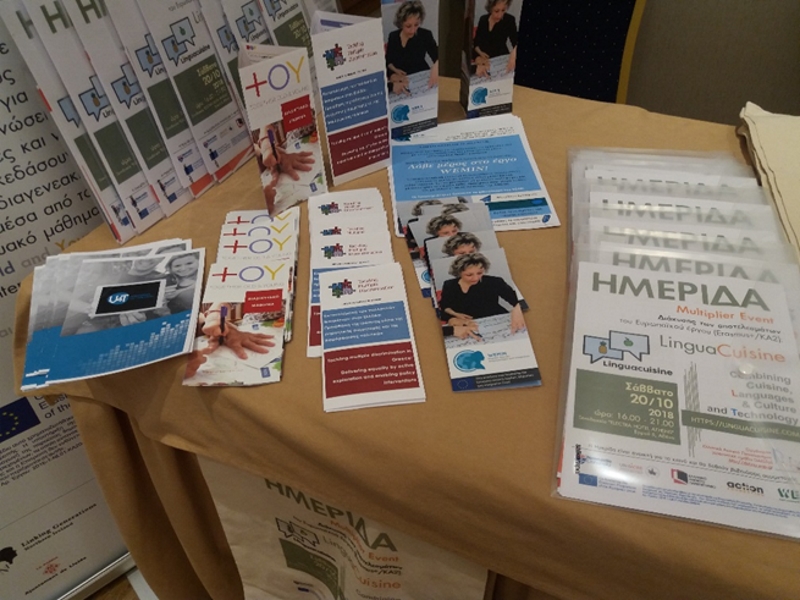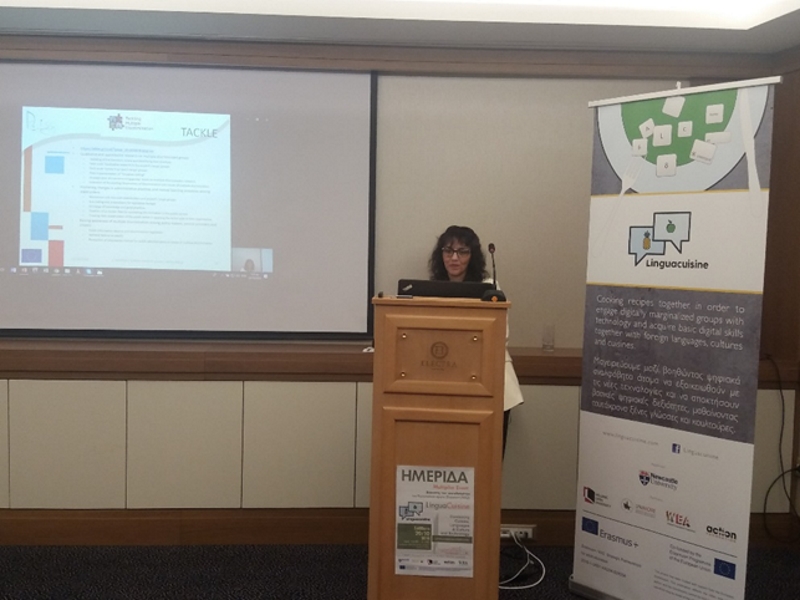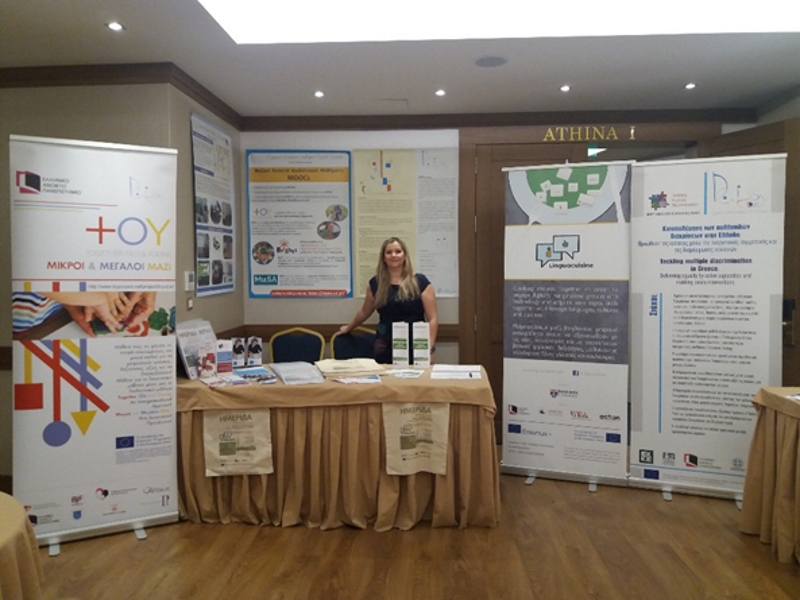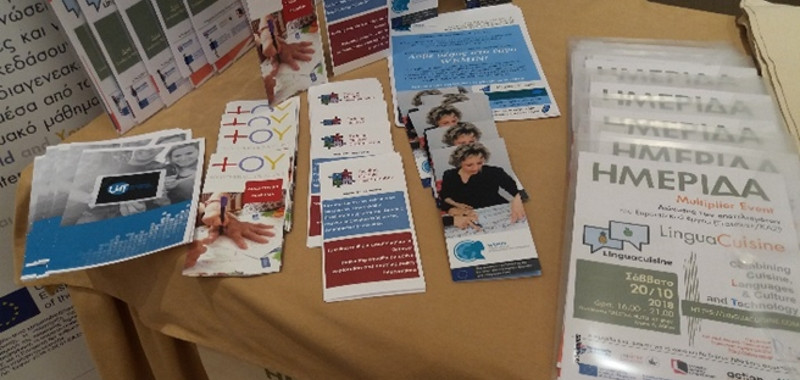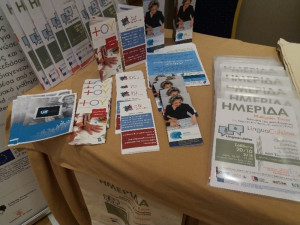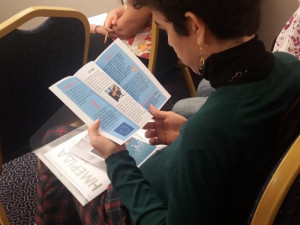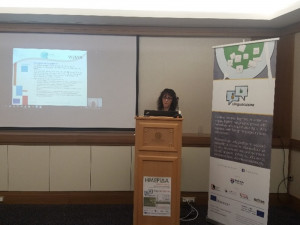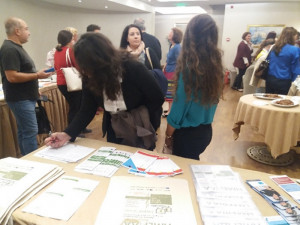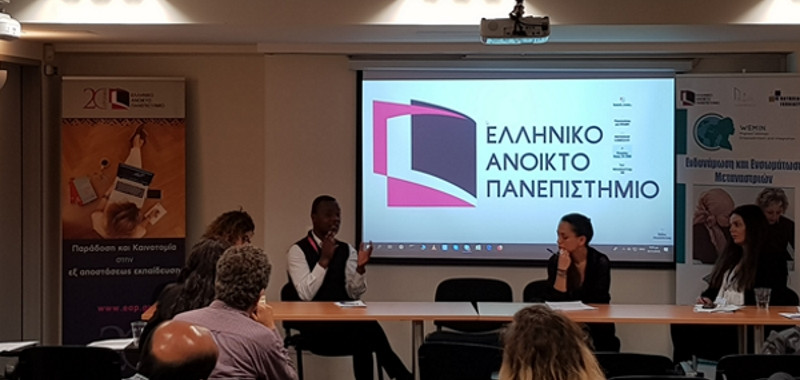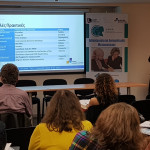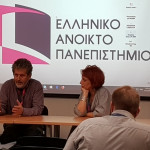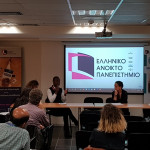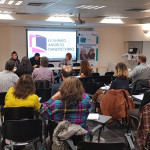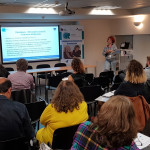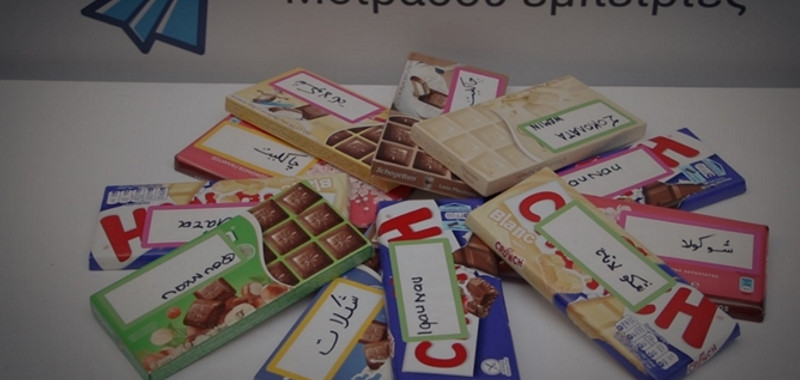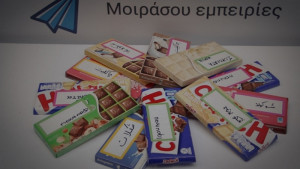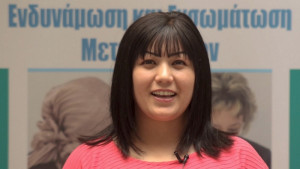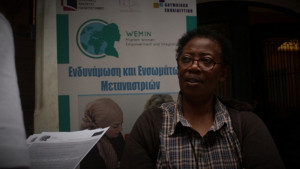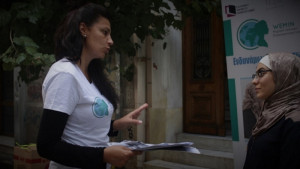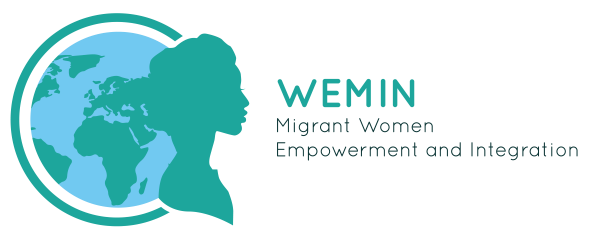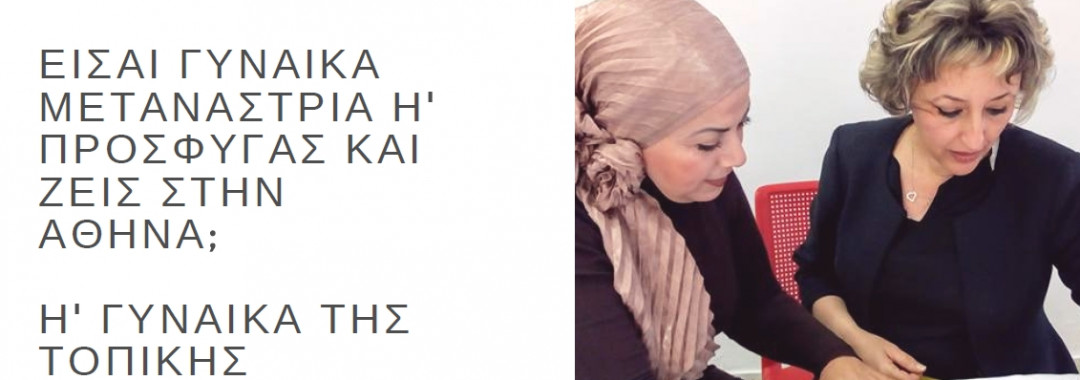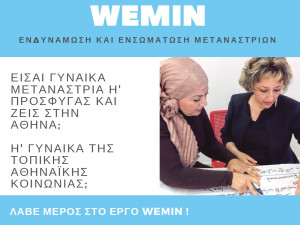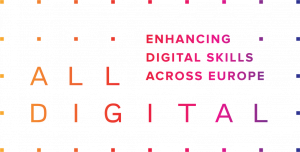 DAISSy researchers participate in two VERY important workshops organized by ALL DIGITAL during the ICT2018:
DAISSy researchers participate in two VERY important workshops organized by ALL DIGITAL during the ICT2018:
1. Assessing the impact of extracurricular digital creativity activities
The event will bring together stakeholders to discuss how to collect and make available open data (quantitative & qualitative) on digital creativity activities and how to assess the impact of these activities on young people’s participation in the digital economy and society (acquisition of STEM skills, digital & 21st century skills, school performance, skills retention, innovation capacities, career, etc.).
The main aim is to create a consortium of interested stakeholders and develop a proposal for a research project on the development of a framework to serve as guidance to organisations in assessing the impact of their activities.
The event will take place on 05/12/2018 (10:00-10:45) in Room 1.61-1.62. Read more about the event here!
2. Towards a European certification framework of digital skills
The purpose of the session is to discuss on cultural and other issues that affect Europe-wide acceptance of digital skills frameworks and propose a strategy towards the establishment of a European certification framework of digital skills. Issues to be debated include the design of a common European digital competence qualifications framework and the adoption of a common European certification process, which will enable mobility and recognition of qualifications.
With the support of the European Commission and all stakeholders involved, we would like to start an open consultation in order to develop an open Digital Competences Development and Certification System that will enable training providers to use any methodology and material that they consider best suitable to the needs of the trainees, so that the latter could successfully complete the assessment and receive certification.
The event will take place on 05/12/2018 (16:30-17:15) in Room 0.94-0.95. Read more about the event here!

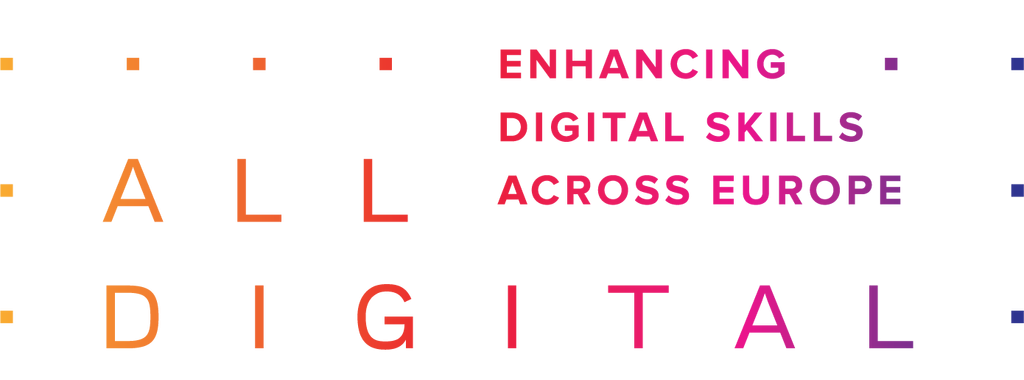
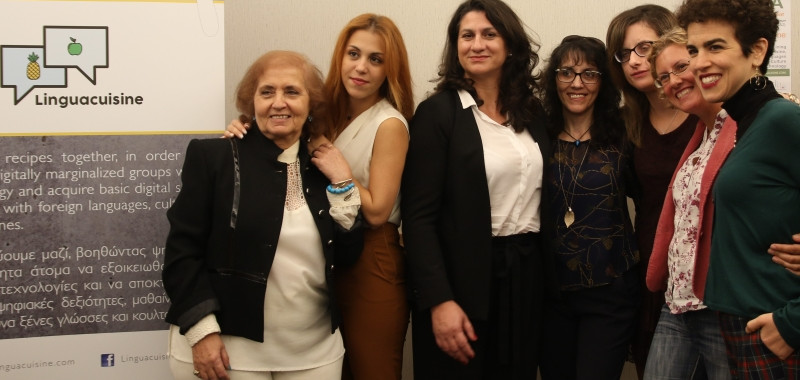
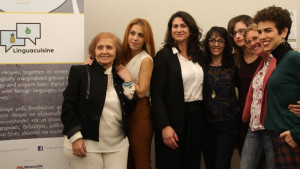
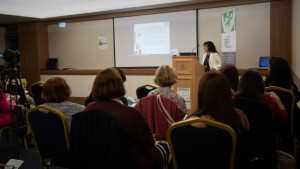
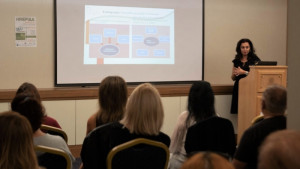
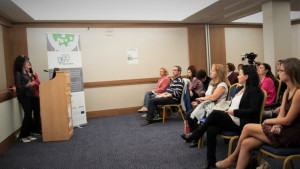
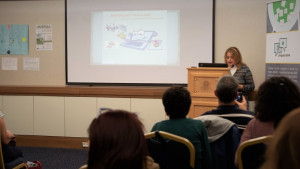
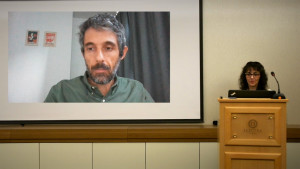
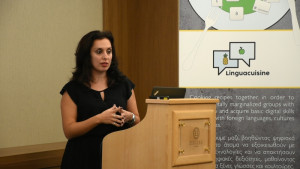
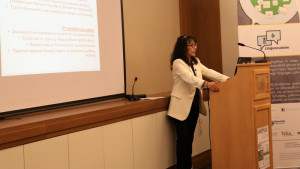
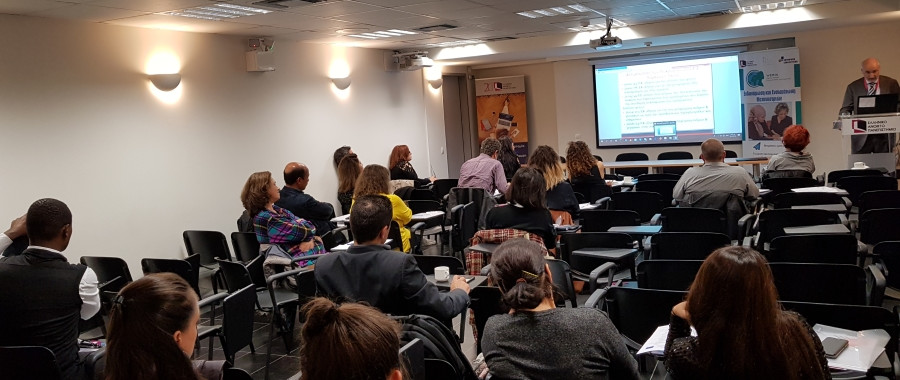
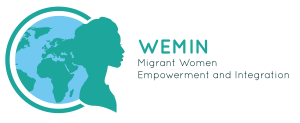 Η Ερευνητική Ομάδα DAISSy του Ελληνικού Ανοικτού Πανεπιστημίου συντονίζει το έργο
Η Ερευνητική Ομάδα DAISSy του Ελληνικού Ανοικτού Πανεπιστημίου συντονίζει το έργο 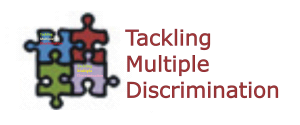 Όπως ανέφερε ο Δρ. Σαρρής, η καταπολέμηση των διακρίσεων αποτελεί βασικό αντικείμενο διεθνών οργανισμών και εθνικών κρατών. Σύμφωνα με έρευνα του ΕΚΚΕ που διεξήχθη το 2017, οι ερωτώμενοι ανέφεραν ότι γίνονται διακρίσεις συχνά και πολύ συχνά με βάση την εθνική προέλευση ( 76,5%), τον σεξουαλικό προσανατολισμό ( 70,5%) και την αναπηρία (58,1%). Σημαντικό εύρημα της έρευνας ήταν ότι το 75% των ερωτηθέντων δεν γνωρίζει τον νόμο για τις πολλαπλές διακρίσεις, το 83,7% δεν κατήγγειλε το περιστατικό πολλαπλής διάκρισης με την πλειονότητα αυτών (55%) να δηλώνει ότι δεν πίστευε ότι θα βρει το δίκιο του, ενώ από αυτούς που κατήγγειλαν το περιστατικό το 61,9% δηλώνει ότι δεν βρέθηκε λύση. Η ανωτέρω έρευνα διεξήχθη στο πλαίσιο του έργου «Καταπολέμηση των πολλαπλών διακρίσεων στην Ελλάδα: Προώθηση της ισότητας μέσω της ενεργητικής συμμετοχής και της διαμόρφωσης πολιτικών», το οποίο συντονίζεται από το Εθνικό Κέντρο Κοινωνικών Ερευνών και στο οποίο συμμετέχουν η ερευνητική ομάδα DAISSy του ΕΑΠ, μαζί με το Πανεπιστήμιο της Σεβίλλης, την Οικονομική και Κοινωνική Επιτροπή (ΟΚΕ) και την η Περιφέρεια Κρήτης. Το έργο αυτό χρηματοδοτείται κατά 80% από το Ευρωπαϊκό πρόγραμμα Rights, Equality and Citizenship (REC) της Ευρωπαϊκής Ένωσης και κατά 20% από ίδιους πόρους.
Όπως ανέφερε ο Δρ. Σαρρής, η καταπολέμηση των διακρίσεων αποτελεί βασικό αντικείμενο διεθνών οργανισμών και εθνικών κρατών. Σύμφωνα με έρευνα του ΕΚΚΕ που διεξήχθη το 2017, οι ερωτώμενοι ανέφεραν ότι γίνονται διακρίσεις συχνά και πολύ συχνά με βάση την εθνική προέλευση ( 76,5%), τον σεξουαλικό προσανατολισμό ( 70,5%) και την αναπηρία (58,1%). Σημαντικό εύρημα της έρευνας ήταν ότι το 75% των ερωτηθέντων δεν γνωρίζει τον νόμο για τις πολλαπλές διακρίσεις, το 83,7% δεν κατήγγειλε το περιστατικό πολλαπλής διάκρισης με την πλειονότητα αυτών (55%) να δηλώνει ότι δεν πίστευε ότι θα βρει το δίκιο του, ενώ από αυτούς που κατήγγειλαν το περιστατικό το 61,9% δηλώνει ότι δεν βρέθηκε λύση. Η ανωτέρω έρευνα διεξήχθη στο πλαίσιο του έργου «Καταπολέμηση των πολλαπλών διακρίσεων στην Ελλάδα: Προώθηση της ισότητας μέσω της ενεργητικής συμμετοχής και της διαμόρφωσης πολιτικών», το οποίο συντονίζεται από το Εθνικό Κέντρο Κοινωνικών Ερευνών και στο οποίο συμμετέχουν η ερευνητική ομάδα DAISSy του ΕΑΠ, μαζί με το Πανεπιστήμιο της Σεβίλλης, την Οικονομική και Κοινωνική Επιτροπή (ΟΚΕ) και την η Περιφέρεια Κρήτης. Το έργο αυτό χρηματοδοτείται κατά 80% από το Ευρωπαϊκό πρόγραμμα Rights, Equality and Citizenship (REC) της Ευρωπαϊκής Ένωσης και κατά 20% από ίδιους πόρους.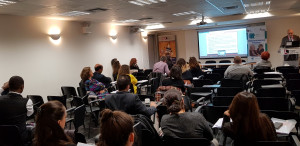

 Η Ημερίδα συνδιοργανώνεται από το Ελληνικό Ανοικτό Πανεπιστήμιο, την ερευνητική ομάδα
Η Ημερίδα συνδιοργανώνεται από το Ελληνικό Ανοικτό Πανεπιστήμιο, την ερευνητική ομάδα 